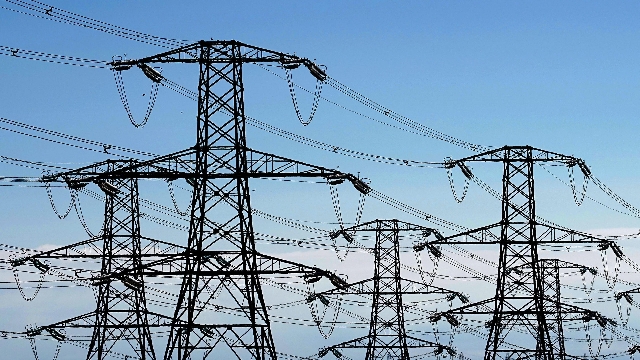Leveraging Analytics to Optimise Ghana’s Energy Grid
 Dumsor has been the bane of Ghana's energy sector for years
Dumsor has been the bane of Ghana's energy sector for years
For years, Ghana’s power sector has wrestled with “dumsor”—the rolling blackouts that disrupt homes, schools, and businesses. Despite significant investments in generation capacity, challenges in distribution, maintenance, and demand forecasting continue to undermine energy reliability. The solution may not lie in building more plants alone, but in using data more intelligently.
Energy analytics allows utilities to monitor electricity demand in real time, identify weak points in the grid, and predict where outages are most likely to occur. By analysing patterns of consumption across cities and rural areas, managers can balance loads more effectively and prevent sudden breakdowns.
Predictive maintenance tools can also flag equipment failures before they happen, reducing costly downtime.
Smart meters, already being piloted in parts of Ghana, can feed accurate usage data into national systems. This not only helps utilities bill more fairly but also empowers consumers to manage their own energy use.
Meanwhile, analytics can guide policymakers on where to invest in renewable energy, ensuring solar and wind projects are connected to areas of highest need.
Reducing blackouts is more than a technical goal—it is an economic and social imperative. Reliable electricity means factories stay open, hospitals keep equipment running, and students can study at night.
With data-driven decision making, Ghana has the opportunity to build a modern, resilient energy grid that fuels both growth and opportunity.
About the Author
Muleka Masudi is business analytics professional with expertise in financial analysis, data-driven decision-making, and sustainable energy solutions. She holds an MSc in Business Analytics from the University of Louisville and brings international experience across finance, education, and project management.
Her recent focus explores how energy analytics can optimise Ghana’s power grid, from predictive maintenance and smart meters to real-time demand forecasting that reduces costly blackouts. Muleka has applied tools such as Power BI, SQL, Python, and R to deliver insights that improve operational efficiency and resilience.
Source: ClassFMonline.com
Trending Features

Beyond A and B schools: Addressing educational inequality through political reform
18:30
Why V. L. K. Djokoto could be Ghana’s future
17:37
Fighting a silent killer: How vitamin C could transform triple-negative breast cancer outcomes for young African women
15:38
Technology meets tradition: How smart health is trying to deal with diabetes
11:51
Nana Konadu Agyeman-Rawlings, the catalyst for women’s empowerment in Ghana
12:44
British-Ghanaian lawyer Bianca Akweley Clinton marks 20 years at the Bar
19:02
The death of critical thinking and the rise of collective stupidity as an existential threat
08:32
Cybersecurity and Constitutional Order: Why ILAPI calls for redress before Ghana’s Cybersecurity (Amendment) Bill becomes law
23:32
Cedi at 60: What you need to know about Ghana’s legal tender
15:04
From shells to screens: Experience 60 years of the Ghana cedi in augmented reality
10:38



